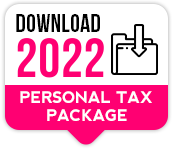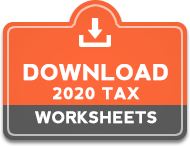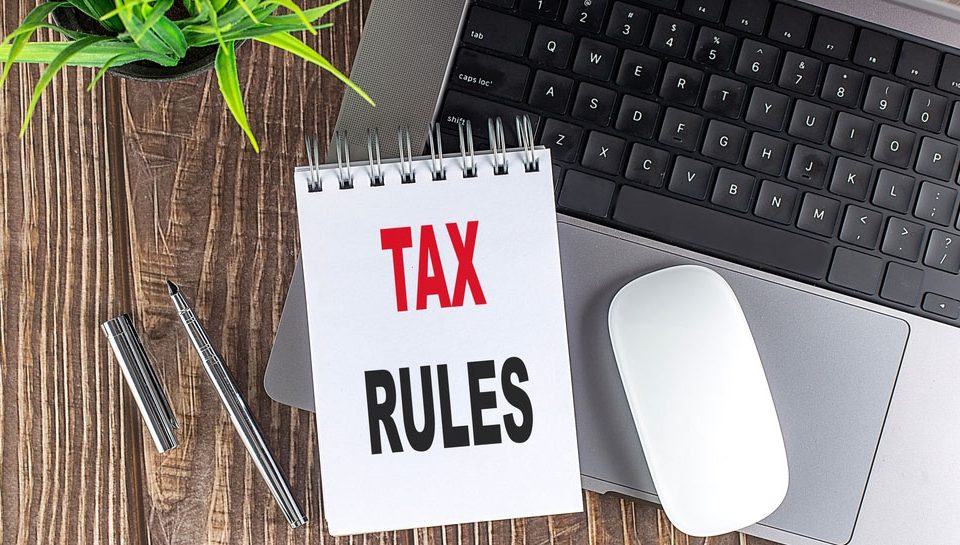
The case of the taxpayer who was dinged with a taxable benefit for taking a business trip
May 26, 2022
Cash may be king, but it can cause headaches if the taxman denies your claims
June 4, 2022Are you a professional financial advisor? Register for Globe Advisor and then sign up for the new weekly newsletter on our newsletter sign-up page. Get exclusive investment industry news and insights, the week’s top headlines, and what you and your clients need to know.
In most cases, the review will request supporting documentation for a specific claim, deduction or income amount – but just attracting Ottawa’s attention can set off alarm bells.
“Don’t panic,” says Karin Mizgala, co-founder and chief executive officer of Money Coaches Canada Inc. in Vancouver, who often has to keep clients calm when their taxes come under review.
“If you get any kind of letter or communication from the CRA, it can be rattling. Most people deal with taxes once a year and it can be a stressful time even if they’re not getting these letters.”
Money Coaches Canada charges flat fees for financial advice that can include investing and tax planning, but Ms. Mizgala says any qualified advisor should be able to help.
Whether a tax filer hires a professional or not, Ms. Mizgala says the onus is on the individual to respond within 30 days – even if to request more time.
“The worst thing you can do is ignore it,” she says. “Another bad thing is to try to be less than forthcoming. Be honest.”
In most cases, the worst that happens is that the CRA disallows a claim, she says, adding they will reassess and could levy interest penalties.
Why the CRA may conduct a review
The CRA generally doesn’t require much supporting documentation in the initial filing, so the review is often to validate the information that has been submitted. Reviews could require documentation from as far back as six years.
“Anything you deduct or claim has to be considered reasonable as far as the CRA is concerned because you always have to look at it as – what if there is a review?”
Reviews never target or exclude any category of taxpayers, according to the CRA. However, returns could be flagged if the information doesn’t match the information from third-party sources such as employers or financial institutions on tax slips (employment or investment income). They can also be flagged if the filer has a “compliance history,” or simply be selected at random.
The CRA conducts most reviews according to an undisclosed scoring system that identifies returns with “the highest potential for inaccuracy.”
While the CRA chooses to keep its methodology for reviews secret, Lorn Kutner, tax consultant at Northwood Family Office tax in Toronto, says first-time claims such as large charitable donations, or medical or child care expenses tend to get flagged.
Mr. Kutner adds that reviews are also triggered when taxable income is split between spouses, or for employees in businesses that often deal in cash, such as restaurants or home improvement.
“Industries that have a lot of potential cash transactions are often reviewed by the CRA,” he says.
The difference between a review and audit
Reviews tend to be easily resolvable, he says, but things get more serious when the CRA audits a tax return. The CRA generally reserves the term “audit” for more in-depth reviews, which involve a closer examination of books and records.
According to the CRA, files are chosen for audits based on “risk assessment,” which includes more digging in the tax filer’s past.
Mr. Kutner says audits are almost always prompted for self-employed individuals if there’s a discrepancy between income and HST filings.
The red hot real estate market has also increased the number of audits on homeowners taking advantage of the principal residence capital gains exemption, which eliminates a capital gains tax on the profit of a home sale, provided it’s the owner’s principal residence.
The frequency of real estate transactions plays a large role in prompting an audit, he adds.
“Most people don’t buy a house, live in it for two or three months and sell it … and so on,” he says.
Mr. Kutner says landlords who claim rental income but still show losses could also raise red flags for an audit.
But the audit trigger most difficult to quantify is what he calls “lifestyle incongruency” – when the lavish lifestyle of an individual is not consistent with the level of income they claim.
A darker motive behind a decision to audit, he says, is what is popularly termed a “snitch line,” in which individuals can report those they suspect are not forthcoming on their taxes anonymously.
“Those reports come from people that are typically not happy with you – an ex-spouse, a disgruntled employee. It could be a neighbour,” he says.
Post Credit: The Globe and Mail By DALE JACKSON Published MARCH 19, 2022
(https://www.theglobeandmail.com/investing/globe-advisor/advisor-news/article-the-top-reasons-why-the-cra-may-review-or-audit-tax-returns/)







